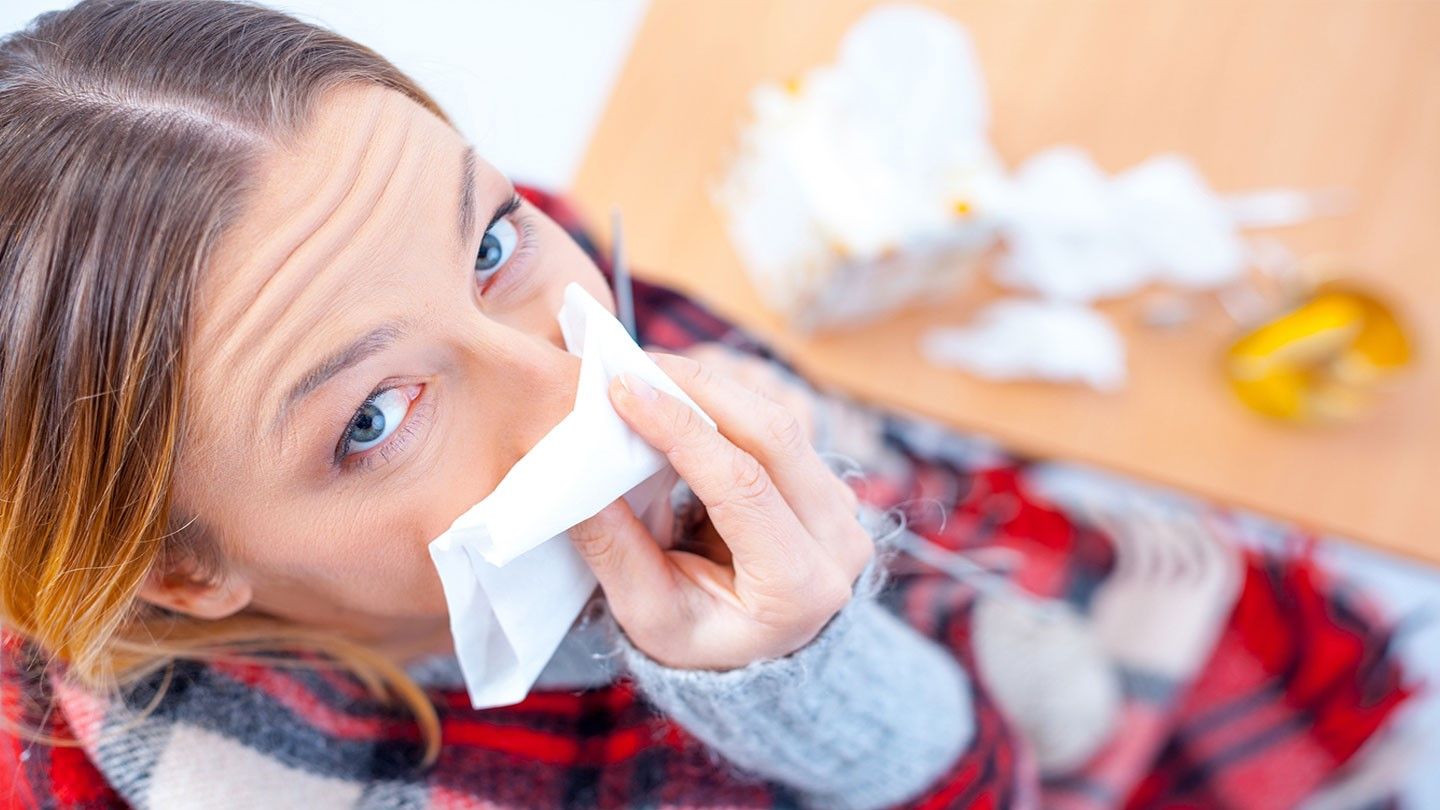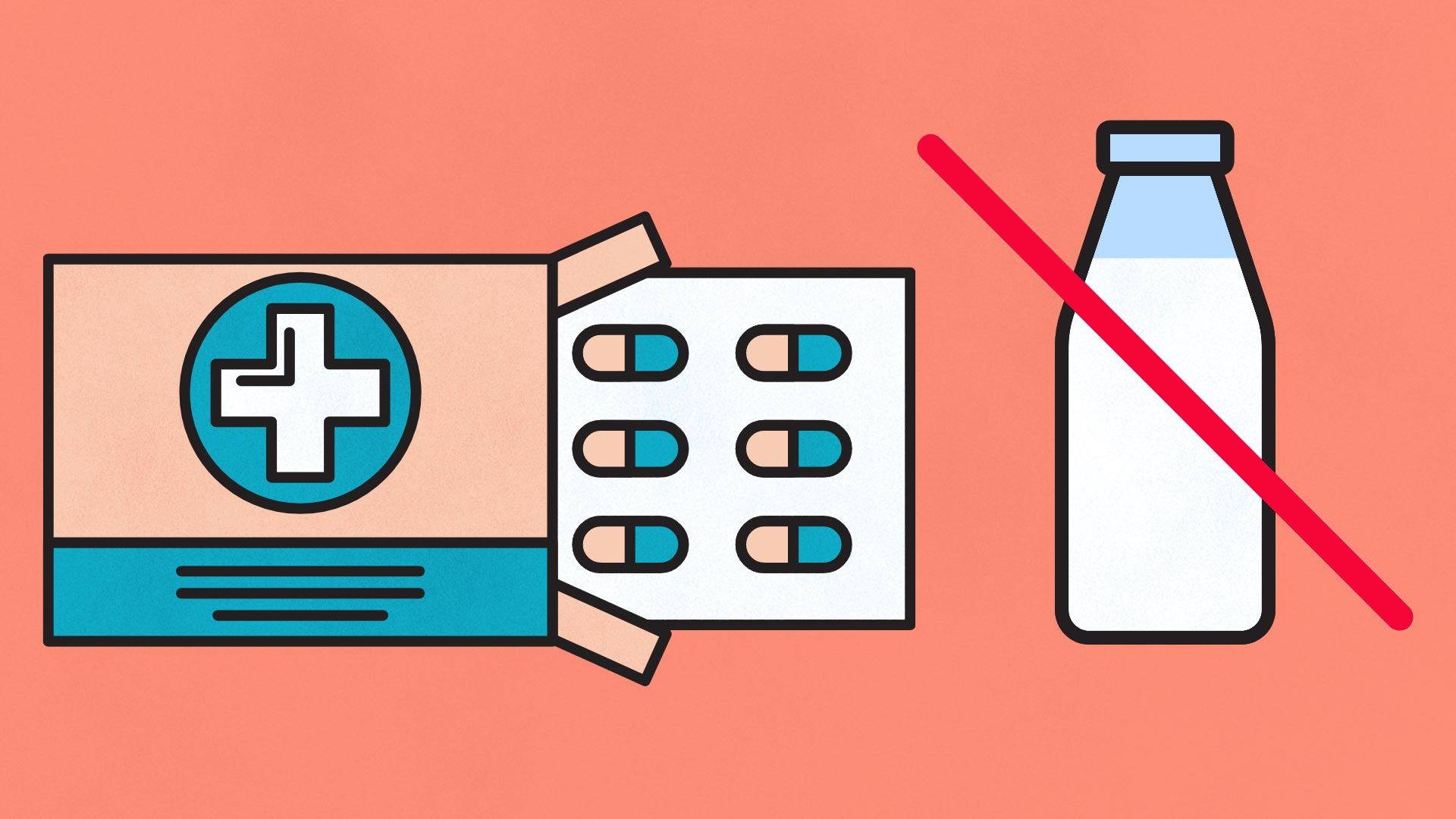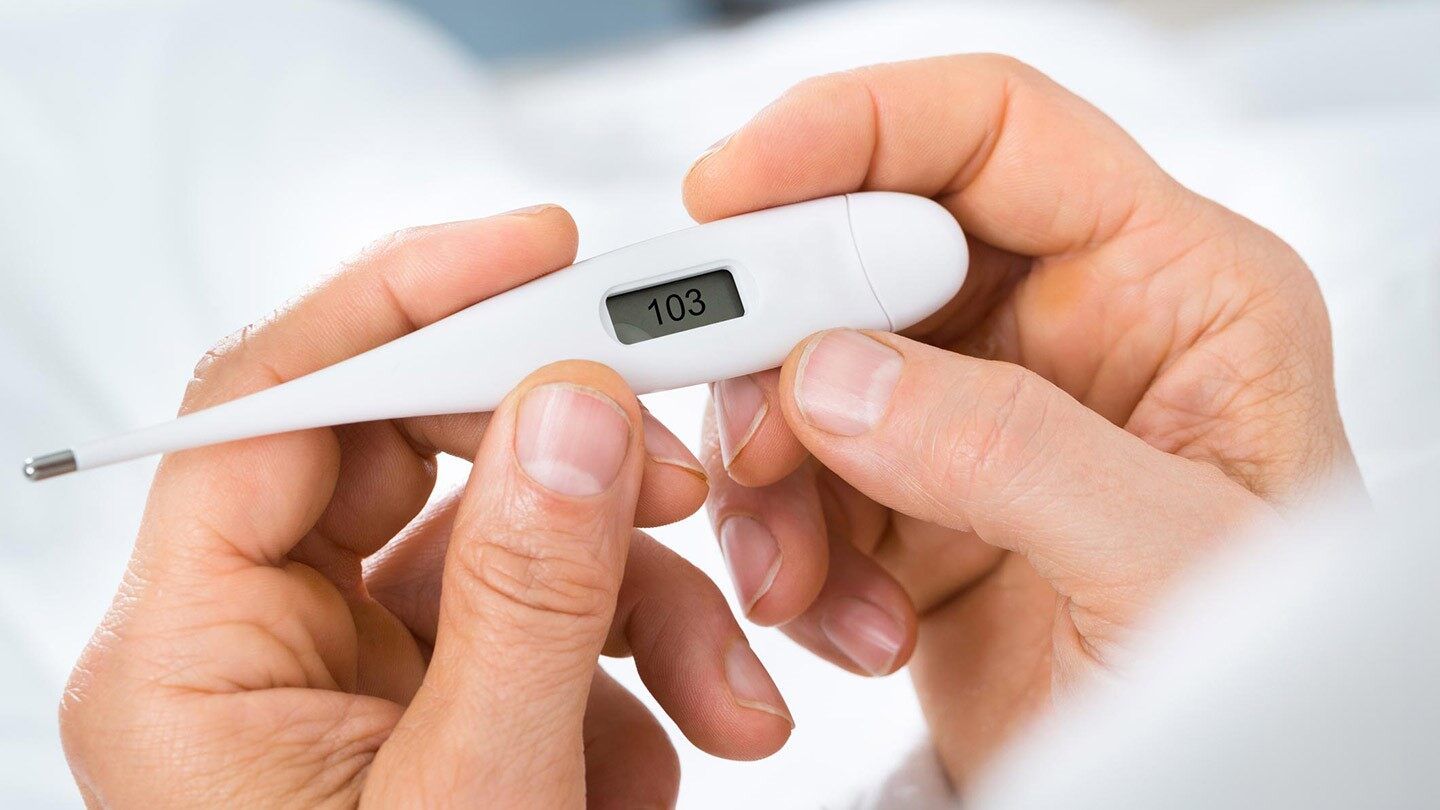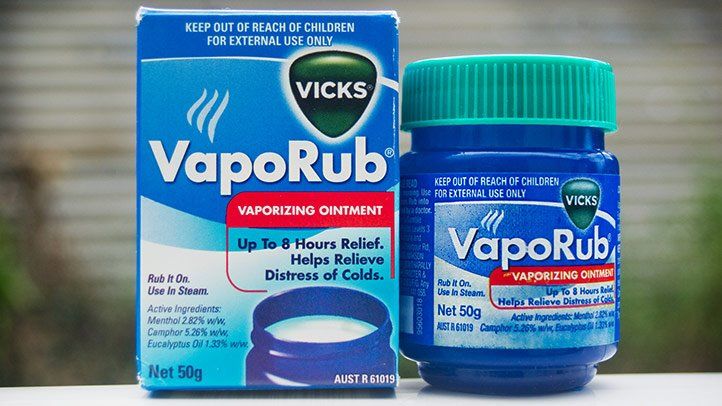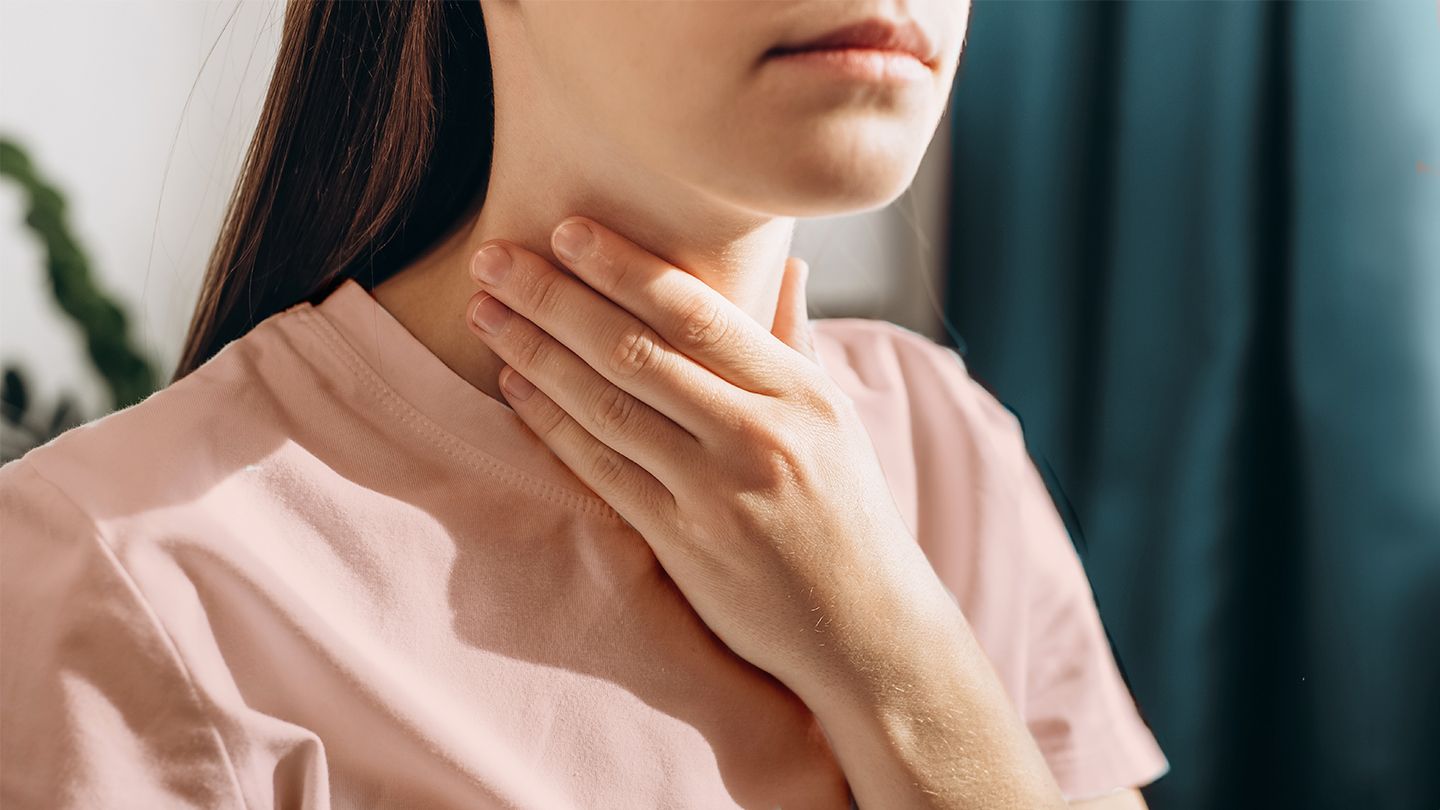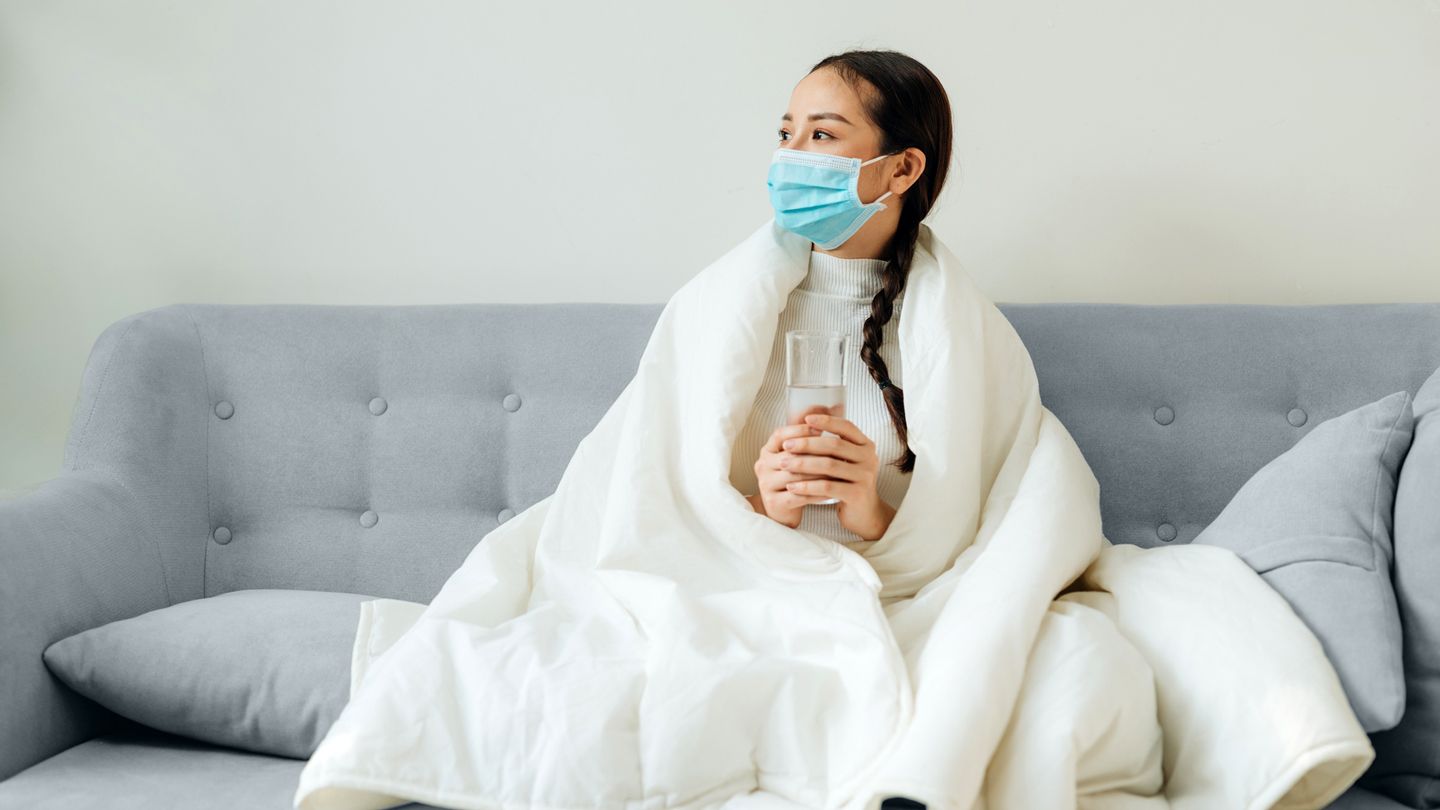Understanding Hemorrhoids and Contagion
Hemorrhoids are extremely common, with nearly 50% of people experiencing them at some point. These swollen veins in the rectum and anus can cause symptoms like itching, pain, and bleeding. This leads many to wonder - can you catch hemorrhoids from someone else?
What are Hemorrhoids?
Hemorrhoids occur when the blood vessels around the anus and lower rectum expand, similarly to varicose veins. There are two main types:
Internal Hemorrhoids
These lie inside the rectum and can protrude or prolapse outside the anus to cause pain and swelling. You typically can't see or feel them otherwise.
External Hemorrhoids
These develop under the skin around the anus. They tend to be more painful as they can contain more nerves and be visible or palpable as lumps. Thrombosed hemorrhoids contain trapped blood and cause severe pain, itching, and inflammation.
Are Hemorrhoids Contagious?
The good news is hemorrhoids themselves are not contagious. You cannot spread hemorrhoids from person to person through casual contact, breathing, coughing, shared toilet seats or bed linens, swimming pools, or other means.
What Causes Hemorrhoids Then?
Hemorrhoids stem from increased pressure in the lower rectum leading to enlargement of hemorrhoidal blood vessels. Causes include:
- Chronic constipation and straining during bowel movements
- Pregnancy and childbirth pressure from baby weight
- Obesity adding stress and tension
- Heavy lifting with improper form
- Constant sitting or standing for long periods
- Low fiber diets lacking water and fluids
- Genetics making veins more prone to swelling
However, Hemorrhoid Symptoms Can Spread Through Poor Hygiene
While hemorrhoids themselves dont pass between people, the bacteria contributing to symptoms can. Lack of proper hygiene allows microbes that further irritate hemorrhoid swelling and inflammation to transmit.
Symptoms Spread by Poor Hygiene
Scratching irritated hemorrhoids can allow germs from under the fingernails into torn skin or bleeding cracks. From there, bacteria can pass between people via unwashed hands into food, shared baths or hot tubs, cross-contaminated laundry, and other means.
Lack of hand washing after using the bathroom can also allow microbes like streptococcus and staphylococcus to infect hemorrhoids when touching them and transfer to others through daily contact.
Practicing Good Hygiene
Washing hands thoroughly after bathroom use, showering regularly, promptly treating any bleeding hemorrhoids, avoiding sharing personal items, and improving general hygiene limits spread of bacteria that makes hemorrhoid inflammation worse.
How are Hemorrhoids Diagnosed?
Seeing a doctor helps differentiate hemorrhoids versus other causes of rectal bleeding like anal fissures, colitis, polyps, and cancer. Your physician can confirm hemorrhoids through:
Medical History Discussion
Covering your symptoms, bowel habits, medication uses, family history, and other important background.
Visual Exam
Inspecting the anus and rectum internally with an anoscope and externally for signs of hemorrhoids.
Additional Testing
Potentially ordering a colonoscopy or barium enema X-ray to inspect for other causes of rectal bleeding if hemorrhoids arent clearly present.
Hemorrhoid Treatment Options
Treatment focuses on alleviating troublesome hemorrhoids symptoms through steps like:
Improving Bathroom Habits
Avoiding straining during bowel movements, establishing a bathroom routine, hydrating adequately to soften stool, and squatting or using a step stool to move the body into a better position.
Over-the-Counter Remedies
Witch hazel pads, hydrocortisone creams, numbing gels, and oral pain relievers can temporarily minimize swelling and discomfort.
In-Office Procedures
Rubber band ligation secures hemorrhoids with tight bands lowering blood flow until they fall off. Sclerotherapy injects a chemical to scar hemorrhoid tissue. Infrared photocoagulation uses heat to burn hemorrhoids.
Surgery
Surgeries like hemorrhoidectomy (hemorrhoid removal) or stapled hemorrhoidopexy can treat severe, recurring cases when other methods fail.
Preventing Hemorrhoid Contagion
You cant prevent completely natural hemorrhoid swelling. However, adopting positive hygiene and bathroom habits limits contagion of bacteria that further aggravate hemorrhoids:
- Wash hands regularly with soap
- Shower frequently
- Avoid sharing personal items like towels or undergarments
- Dont share baths with others
- Quickly treat any bleeding hemorrhoids
- Clean toilet seats before use in public restrooms
Following doctors orders for keeping hemorrhoids clean while treatment occurs also prevents spread of bacteria to the irritated area when properly handled.
Hemorrhoids Aren't Contagious but Bacteria Can Be
Hemorrhoids arise from increased pressure on the blood vessels around the anus and lower rectum. While they cannot directly pass between individuals, lack of hygiene allows bacteria and germs that further aggravate hemorrhoids to transmit. Practicing good bathroom and cleaning habits serves as the best way to avoid catching microscopic irritants that exploit hemorrhoid inflammation and discomfort if left unchecked.
Disclaimer: This article is for informational purposes only and does not constitute medical advice. Always consult with a healthcare professional before starting any new treatment regimen.
Related Coverage
Colds often intensify overnight due to nasal congestion, coughing, dehydration, and immune dips when sleeping. Learn techniques to rest better and know when a cold turns severe....
Is it safe to use Flonase and NyQuil together for a stuffy nose? Get the facts on combining these medications and learn other fast ways to relieve congestion....
Figuring out if you have a cold vs the flu can be tricky. Compare body aches, fever, fatigue and more to determine if intense influenza or bad cold....
Looking for safe, natural children's nasal decongestants? Try these 7 effective home remedies that quickly relieve stuffy noses and chronic congestion in kids....
Learn if you can safely take Nyquil alongside Advil Cold & Sinus to treat cold and flu symptoms or if dangerous side effects can occur mixing the two OTCs....
Learn the exact steps to convert 39.5° Celsius to Fahrenheit. Understand the conversion formula, see a detailed Celsius to Fahrenheit calculation, and learn the real-world meaning of 39.5 C and 103.1 F temperatures....
Research is mixed on whether Vicks VapoRub relieves cough, congestion, and aches from the flu. It may help temporarily when used safely in adults and children over age 2....
Learn how over-the-counter medications like Advil and Nyquil work to relieve common cold symptoms. Discover key differences between these options to help treat sore throats, congestion, coughs, and more....
Explore 7 natural cough remedies you can find near you, including honey, saltwater gargles, herbal teas, humidifiers, cough drops, and staying hydrated. Embrace remedies from your local community....
Hemorrhoids themselves are not contagious and cannot spread from person to person. However, bacteria that worsen hemorrhoid inflammation and discomfort can transmit through poor hygiene....


